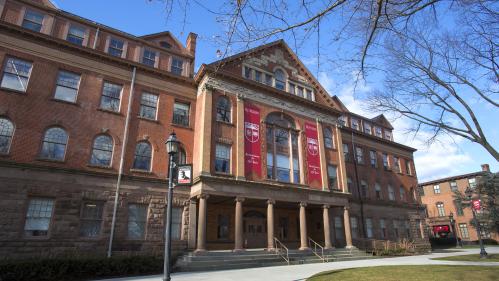Presidential Postdoctoral Fellows Program
Established under former President Holloway, the program’s final cohort of Presidential Postdoctoral Fellows will finish in 2027. Fellows serve a two-year term with potential transition to a tenure-track faculty role at one of Rutgers University’s four locations: Rutgers–New Brunswick, Rutgers Health, Rutgers–Newark, or Rutgers–Camden. The program is no longer accepting applications.







